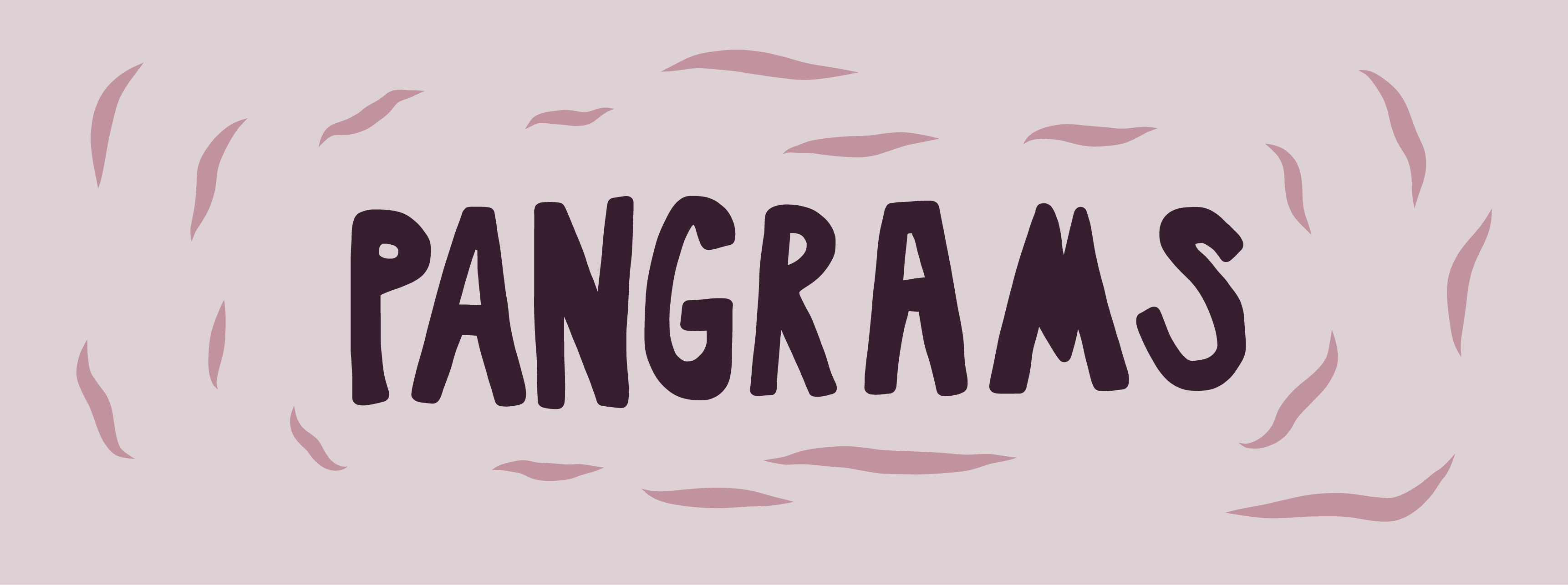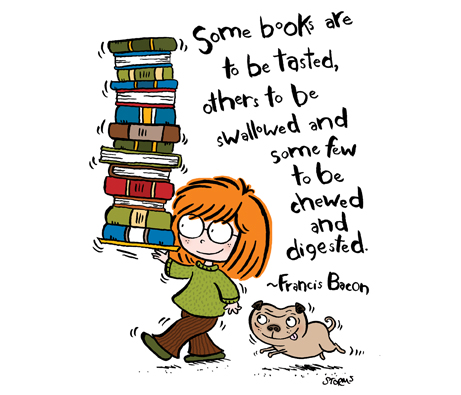Welcome
Tēnā koutou katoa
Nau mai haere mai
Ko Ōhuiarangi tōku maunga
Ko Tāmaki tōku awa
Ko Waitematā tōku moana
Ko Macleans College tōku whanau
Ko English Department tōku ingoa
Kia ora, and welcome to the Year 11 Programme for the Macleans College English Department. It is the hope of the English team here at the College that you will learn to love the English language by looking at how it is used by various authors, in various ways, across various genre.
Enjoy your time in English this year.
Rationale
Each of the units of work have chapters within it. Each chapter has a title that is in your course overview and corresponds to a chapter in this PressBook. All chapters have a range of activities that your teacher may pick and choose from as part of your study.
Each chapter includes a mix of the following:
- Spelling list.
- Pangrams to be used for either handwriting or typing practise.
- Grammar exercises.
- Summary tasks.
- Comprehension tasks.
You may not use all of the tasks every time. Instead your teacher will assist you with your learning process.
As part of your study you should practise your book work skills and remember that part of your report grade comes from your book work which needs to be accurate and complete. Should you be absent for lessons, you should make sure you have kept the notes up to date.
Spelling

How to remember spelling words?
Your brain is a muscle and like any muscle it works by pushing it and making it hurt a bit. Then having a rest. There is a whole field of science that is working on how we learn things, and while it is still a bit of a mystery there are some fundamentals that we can work on.
Firstly, reading over the list isn’t going to help you very much. In the same way that reading over your notes before an exam doesn’t help you very much. You aren’t making your brain work. Let’s relate it to doing push ups. The pain from push ups comes from the fibres in the muscles in your arms actually breaking. Dr Andre Jowett says “What we know about muscle adaption to [physical] loads is that when you put it under load or under stress, you actually cause microscopic injury to the muscle. That injury stimulates muscle healing and hopefully replication of muscle fibres and ultimately strengthening.” So it is the breaking down of the muscle, and the rebuilding of that muscle that strengthens it.
It’s the same with learning. You have to make your brain work and feel some discomfort. Like the feeling you get after an exam when you are a bit wiped out. You can make your brain work by forcing it to remember something, rather than reading it. This is the basis of flashcards. It’s also why working with others is effective. Testing and retesting is a really strong contender for the best learning – particularly of things that need to be rote learned (rote learning means you just remember it – like the alphabet).
- Have the words on one page, and your practice on a separate page. Look at the word quickly and then cover it, then try to write it out – then check.
- Try to remember the words in order.
- Think up a little rhyme or tune (if you think that way) to remember spelling. One of the main ones I use is the spelling of onomatopoeia where each letter fits with the tune ‘Old Mac Donald’.
- Try to use the word more in your day to day.
- Test yourself on the Monday (when you first get it), Tuesday, and then Thursday. Science says that gap on Wednesday will provide the most help.
Pangrams

Pangrams are sentences that contain all letters in the alphabet. By practising your handwriting and your typing you can improve the speed and the quality of your writing. You should do the best you can to increase your number of words within five minutes on a day by day, week by week basis.
The more practise that you do to improve the quality of your writing, the better.
If you find that your hands hurt after five minutes, then it is just proof that you need to work at your stamina and improve these muscles to help you achieve the results you deserve in this course.
Grammar Exercises

As the year continues there will be more need for you to practice your grammar skills. There will be drills beginning with the writing unit to make sure you solidify your understanding of the key elements of grammar.
Remember grammar is like the bricks of a house. They are the ‘parts’ that make up the ‘whole’. Knowing how to put the elements together makes the whole system work better and, like a house, creates strength.
Comprehension Exercises

There will be some reading and comprehension opportunities along the way. Use these as a chance to practise recognising key details in a piece of writing.
Summary Exercises

Building on some of the skills you learned in the Year 9 and Year 10 programme, you can apply them using these activities.
Ko te reo te tuakiri | Language is my identity.
Ko te reo tōku ahurei | Language is my uniqueness.
Ko te reo te ora. | Language is life.
